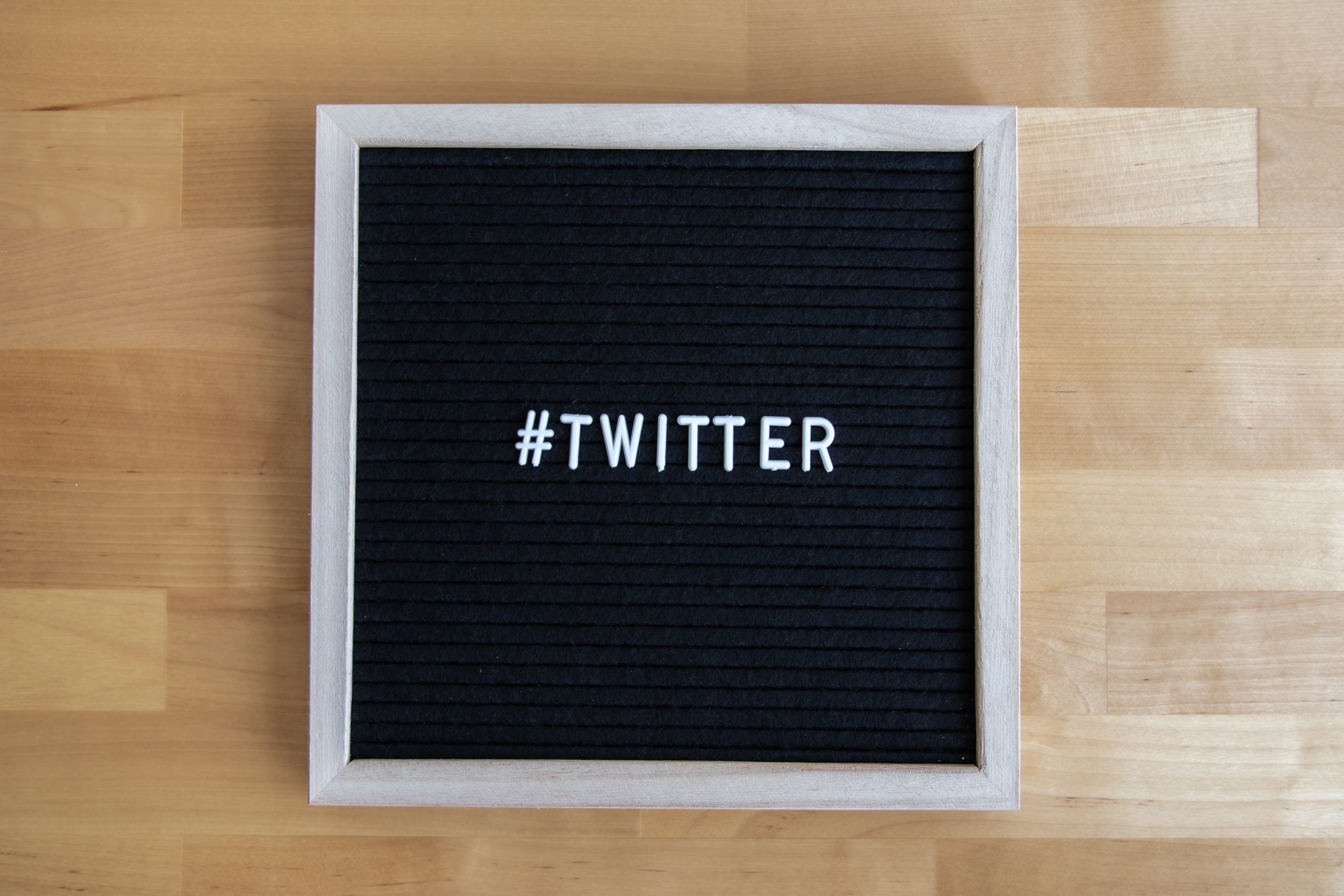


Elon Musk Has Broken Disaster-Response Twitter
By Juliette Kayyem for The Atlantic
For years, Twitter was at its best when bad things happened. Before Elon Musk bought it last fall, before it was overrun with scammy ads, before it amplified fake personas, and before its engineers were told to get more eyeballs on the owner’s tweets, Twitter was useful in saving lives during natural disasters and man-made crises. Emergency-management officials have used the platform to relate timely information to the public—when to evacuate during Hurricane Ian, in 2022; when to hide from a gunman during the Michigan State University shootings earlier this month—while simultaneously allowing members of the public to transmit real-time data. The platform didn’t just provide a valuable communications service; it changed the way emergency management functions.
That’s why Musk-era Twitter alarms so many people in my field. The platform has been downgraded in multiple ways: Service is glitchier; efforts to contain misleading information are patchier; the person at the top seems largely dismissive of outside input. But now that the platform has embedded itself so deeply in the disaster-response world, it’s difficult to replace. The rapidly deteriorating situation raises questions about platforms’ obligation to society—questions that prickly tech execs generally don’t want to consider.
From the beginning, Twitter executives wanted users to rely on their service in moments of crisis. The company’s founder, Jack Dorsey, told 60 Minutes a decade ago that he got the idea for Twitter in part from listening to a police scanner when he was a child. In a subsequent interview, he suggested that he first understood the platform’s power after a tremor in the Bay Area: “I was in the office on a Saturday, and my phone buzzed, and it was a tweet, and it said simply, ‘Earthquake.’” By 2015, the U.S. Geological Survey was using Twitter to better monitor earthquakes and people’s reactions to those earthquakes in areas where the agency lacked sufficient sensors.
Perhaps it and other agencies were naive to depend so much on a private company’s willingness to continue providing a free communications service. But Twitter clearly relished its own importance in times of crisis, which presumably contributed to the platform’s overall popularity. The company provided guidance and best practices to emergency-response agencies. According to Twitter’s website, “crisis and emergency response” is one of its five stated areas of focus. For more, click here.